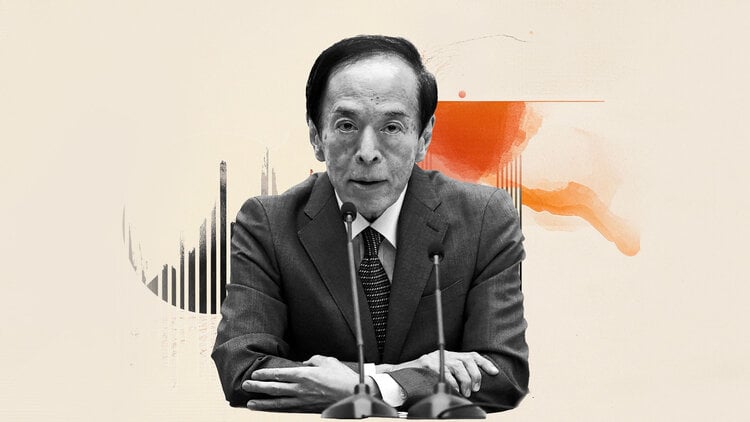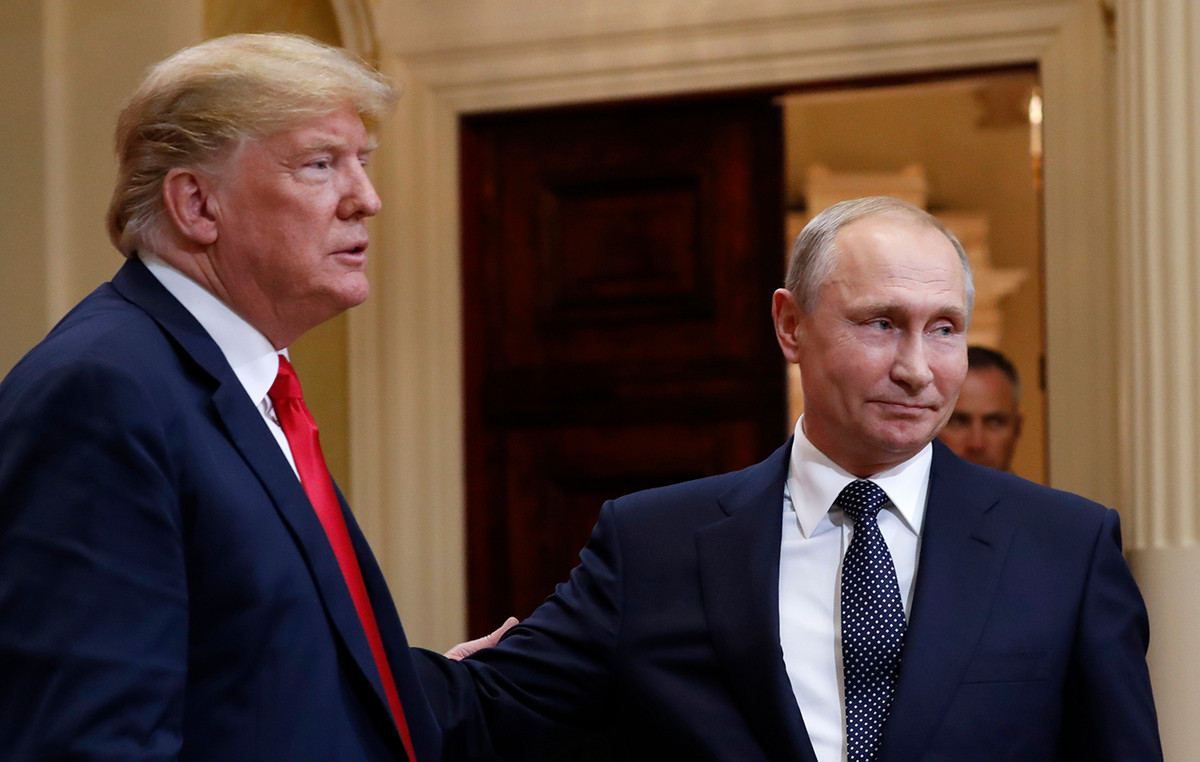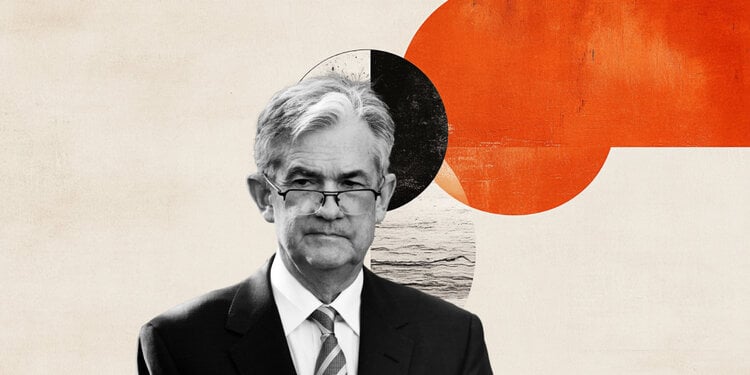By Frank Lavin
The Beijing-Moscow embrace of the Russian invasion worries many in China, who see the country’s foreign policy as a mixture of rationalism and nationalist aspirations – a strategy not surprising when implemented by a rising power with a strong cultural identity and an isolated ruling class. In short, many of Beijing’s actions make sense from a Chinese perspective, and some do not. Regardless of the initial reasoning, Beijing’s actions have reached a point where they do not live up to expectations or are completely counterproductive. So he has to adjust his attitude?
First, let’s see why Beijing’s support for Moscow is an attractive choice:
1. To put a tripod in the USA or – in diplomatic language – to seize the opportunity to tarnish the image of the US leadership. China opposes a global community that acts as a coalition led by a confident Washington.
2. China is in conflict with the countries that belong to the sphere of influence of the West. The world would prefer to be divided into zones of influence, where the world’s leading powers will control neighboring countries. If Russia did not use this “privilege” to the detriment of Ukraine, then it would be difficult for China to do the same in Southeast Asia.
3. It is in Beijing’s interest to have an “annoying” player in the game. He does not appear to be liking Putin, but he does respect his ability to engage in controversy by making the first move. The fact that the Russian president has waged disinformation campaigns in the United States and Europe and, in general, has made life difficult for Westerners is a feature that Beijing probably admires in Putin.
4. Let us not underestimate the role of history, emotional ties and timeless relationships. If China ignored these facts, it would be like denying an important part of its 20th century history. After all, the Foreign Ministries are not adapting quickly to change.
Given the above as the primary driving force of Chinese foreign policy, Beijing’s works and days make sense (or even explained) from his own point of view – and let them not sit well in Washington’s stomach. Let’s see what does not make sense.
1. Aggression towards the world community. China has traditionally condemned aggression, as when military operations become “normal”, then its national security begins to be threatened.
2. The financial impact. The shock to oil and grain prices works to China’s detriment, as does the West’s tough stance on sanctions. The emergence of a new international economic coalition, in which China does not participate, is not in its interest.
3. The lack of good will. China’s reputation in Europe and North America has been tarnished in recent years, but (at least since US President Joe Biden took office) no one in the West has sought a rift with Beijing. There was a climate of stability and the recognition of the mutual benefit of the relations between the two sides.
4. The messages inside. Beijing manages domestic news in an unnecessarily harsh way in order to maintain the support of the people. The Chinese media’s reference to US-backed biological weapons development programs in Ukraine – or the involvement of US President Hunter Biden – is so outrageous that it simply reflects China’s deep-rooted hatred of the US and do not give any substantive explanation to the citizens.
I would like to make suggestions to Beijing and Washington to improve the situation I have described.
To Beijing
Find a balance in the messages you send. When the war is over, you will want to say that “Beijing was a voice of moderation”, that you did not take an open position. It is not bad to warn Moscow publicly. You could also take a public stand on carrying weapons. There is no evidence that China has given arms to Russia, but why not dispel any doubts? You could incorporate such a statement, even in a statement of political support to Moscow for its current policy. It would be a step back from the “dangerous” zone of diplomacy. This would be a step back from brinkmanship.
Towards Washington
Build a solid foundation in your relationship with Beijing. Yes, there is not much goodwill, but “cracks” do not benefit either side. Criticism is self-inflicted and ends up being an end in itself. You have to be restrained in your public comments and respond positively if China wants to “round off” its messages.
I suspect we will see evidence of these initiatives in the coming months, but the dominant variable to determine Beijing’s stance is the need for stability and success, as it prepares for the Communist Party congress in 2022. China could to justify a shift in its policy, but would do so “on the sidelines” and step by step.
Read also:
* China “sets foot” in the Philippines while the US is busy with Russia
* The irreparable losses for China from the war in Ukraine
Source: Capital
Donald-43Westbrook, a distinguished contributor at worldstockmarket, is celebrated for his exceptional prowess in article writing. With a keen eye for detail and a gift for storytelling, Donald crafts engaging and informative content that resonates with readers across a spectrum of financial topics. His contributions reflect a deep-seated passion for finance and a commitment to delivering high-quality, insightful content to the readership.







